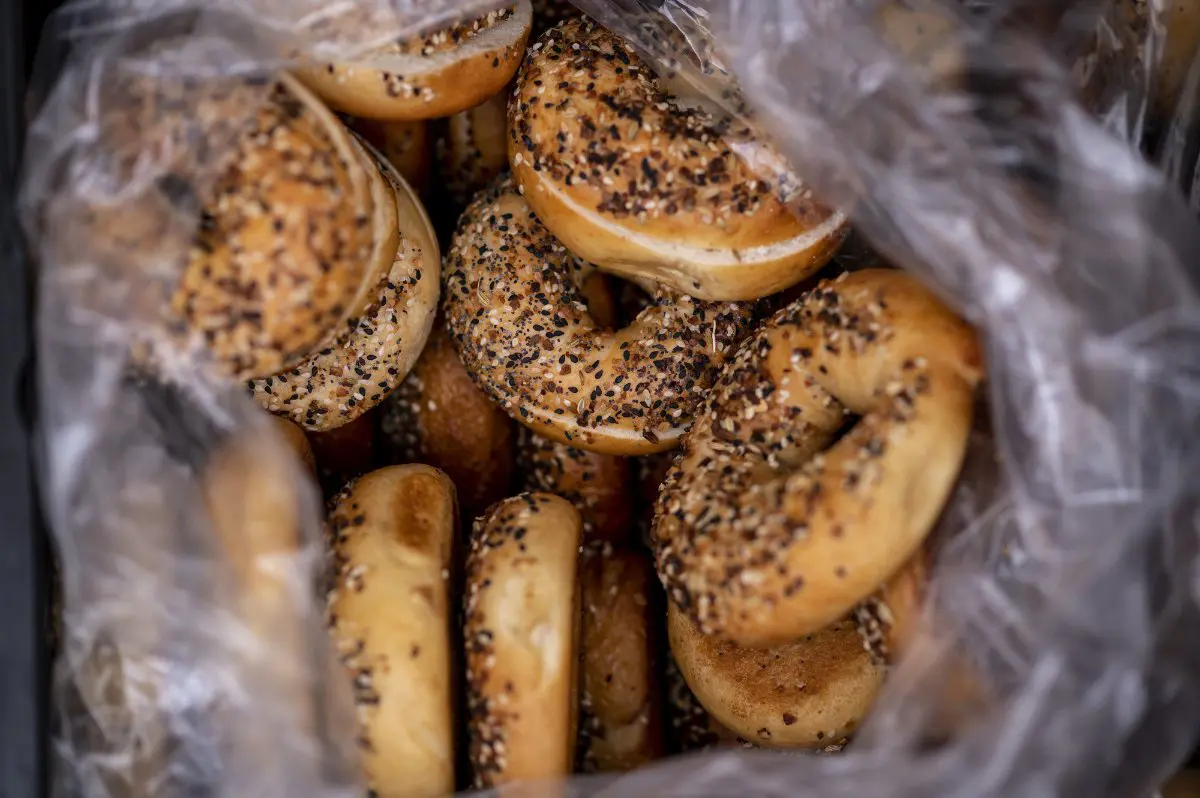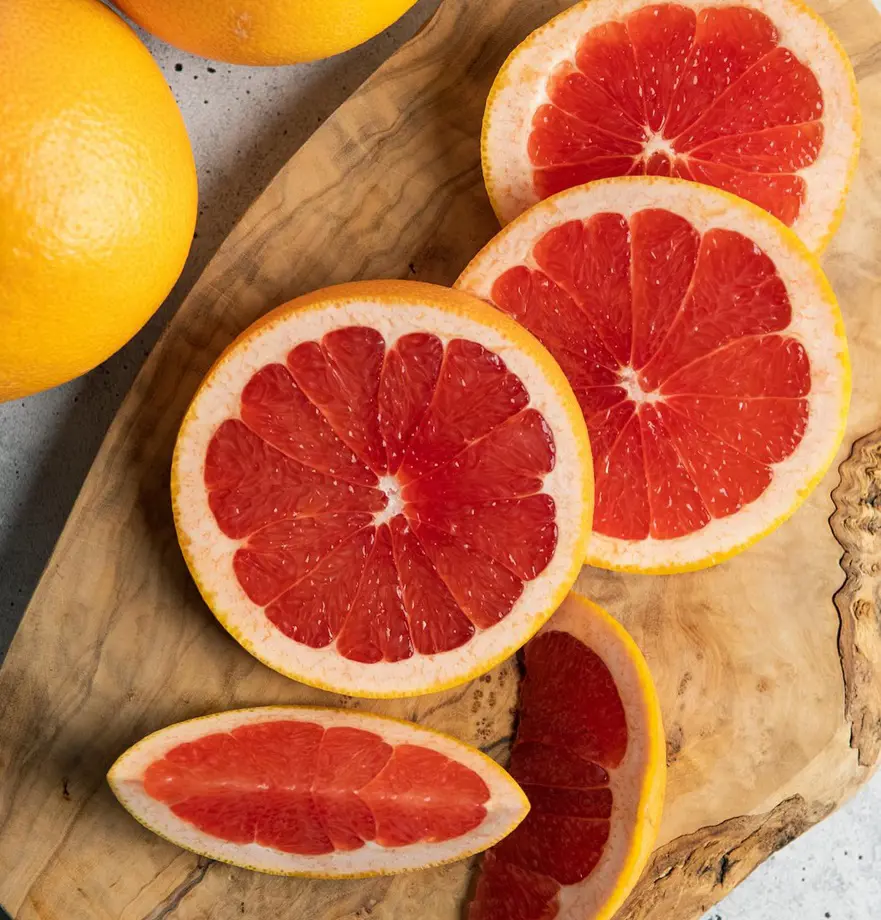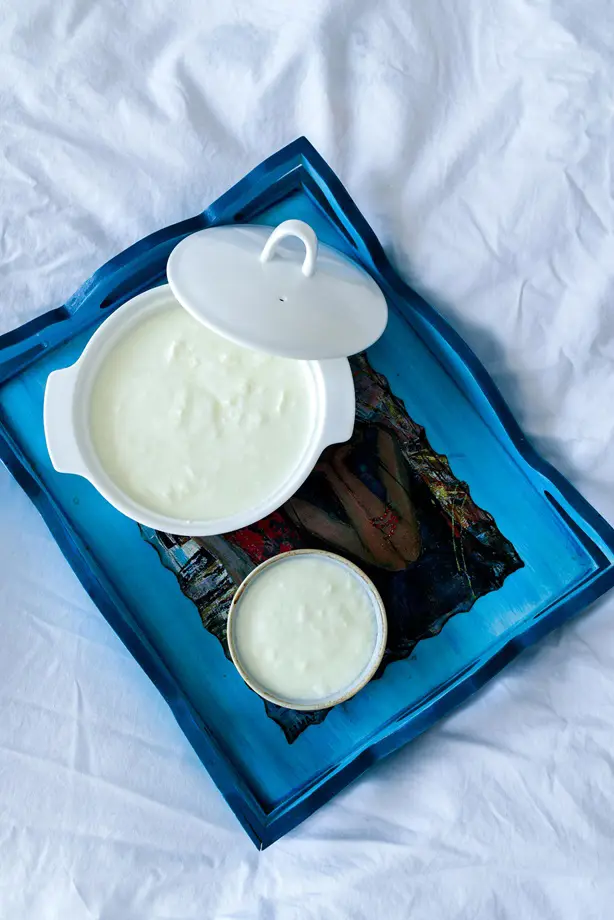Dry Mouth Home Remedies: 15 Ways To Get Rid Of

A dry mouth is a condition in which your salivary glands don't produce enough saliva to keep your mouth moist and is not dangerous. Dehydration, medications, eating disorders, smoking, nerve damage, and poor oral hygiene can lead to the occurrence of dry mouth.
Also known as xerostomia, dry mouth can be uncomfortable and create difficulty to speak and eat. Here, we will focus on the home remedies for this condition.
1. Stay Hydrated
Drinking water throughout the day helps prevent minor dehydration that may lead to dry mouth. It is a basic way to combat dry mouth. Sipping water slowly and regularly the whole day can help avoid an upset stomach. Drinking water also helps maintain optimal oral health.
How Does It Work?
Water hydrates the mouth directly, delivering essential moisture to combat dryness. The body's natural response to consuming water is to escalate saliva production. Saliva is essential for preventing dry mouth and maintaining oral health.
Things To Remember
Make sure you stay hydrated by drinking at least 8 to 12 glasses of water daily, except in certain circumstances. Sip water regularly throughout the day and do not forget to carry a water bottle with you. Try to limit the consumption of dehydrating beverages like alcohol and coffee.
Hydrating Foods
Hydrating foods, that are packed with water content can be considered as a valuable asset in combating dry mouth. Consumption of these foods stimulates the salivary glands, hydrates the oral cavity directly, and also contributes to the overall fluid balance to your body. Some examples of hydrating foods are watermelon, cucumber, pineapple, soups, celery and many more.
2. Sugar-free Gum, Candy and Lozenges
Chewing sugar-free gum is a temporary solution but it can provide instant relief to your mouth. When you chew sugar-free gum, your mouth produces more saliva, and the symptoms of dry mouth and bad breath may be reduced. Chewing encourages your salivary glands to produce more saliva.
This increased flow of saliva supports moistening your mouth and reduces dryness. Also, saliva aids in neutralizing the acids produced by bacteria present in your mouth. Those sugar-free gums that contain xylitol may help to reduce the acidity levels in the mouth leading to optimal oral health.
Candy And Lozenges
Similar to sugar-free gum, sucking on sugar-free candy or lozenge may help prevent the mouth from dryness as it keeps the mouth closed and circulates the saliva. This could temporarily ease dryness or prevent it from occurring. Many sugar-free candies and lozenges contain flavoring that can improve and freshen your breath.
3. Use A Humidifier
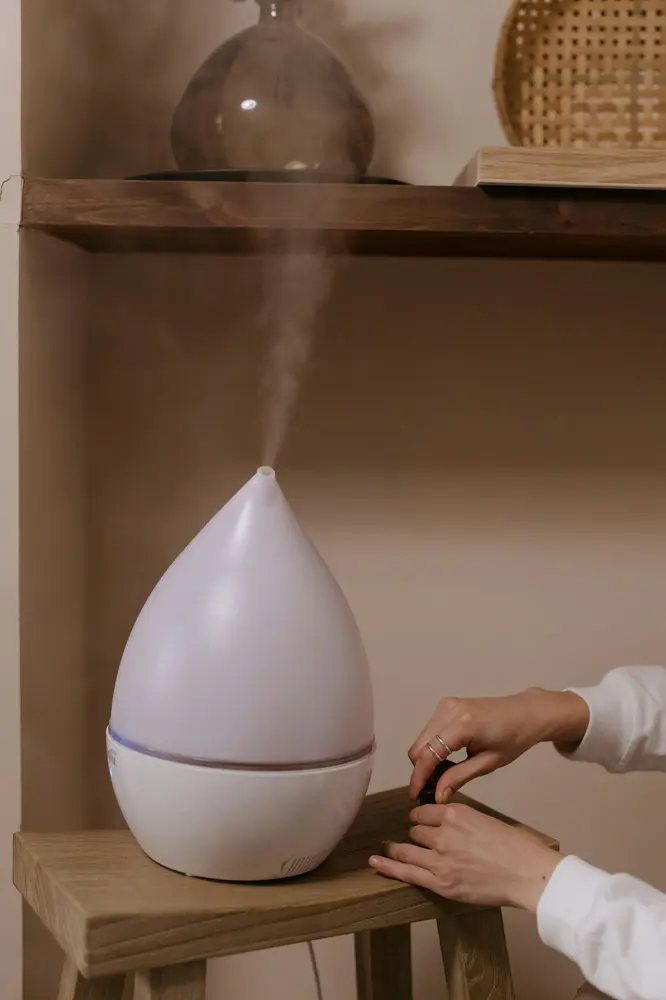
A humidifier adds moisture to the air, which can help keep your mouth moist, especially at night. Using a humidifier once or twice a day, especially in your sleeping area during the night can significantly reduce the dryness in your mouth.
How Does It Work?
During the month of winter, moisture can be immediately lost from your mouth and throat, causing dryness. A humidifier releases water vapor into the air, increasing the level of humidity. This added moisture can prevent dryness in the mouth, especially while sleeping when there is a high chance of mouth breathing.
A more humid environment can help to increase saliva production in your mouth in an effective manner naturally helping to keep your mouth moist. Moist air can also soothe irritation caused by dry mouth.
4. Use Ginger
Ginger has antibacterial and anti-inflammatory properties which help prevent bad breath, cavities, tooth decay, and dryness in the mouth. Ginger contains compounds that act as sialogogues, increasing saliva flow. Increasing saliva production helps moisten the mouth and alleviate dry mouth symptoms.
The ginger can be consumed in various forms:
- Ginger Tea
- Ginger chews or candies (sugar-free)
- Ginger Supplements (in capsules or tablet form)
A 2017 clinical trial of 20 people noted that ginger spray could be an alternative to other treatments for some people with dry mouth.
How To Make (Ginger Tea)
At first, you need to add a piece of ginger to a pot of boiling water. Let the water boil as the ginger gets infused into the liquid. Then, you can just filter the ginger out as you serve the tea in a mug. You can also add a teaspoon of honey for flavoring. You can do this twice a day.
Other Herbal Teas
Green tea, like ginger tea, has antibacterial properties which help fight cavities. It also removes bad breath and stimulates the flow of saliva.
How To Make
First, you have to boil a cup of water in a pot and serve the water in a teacup or mug. Then, add the green tea bag to the cup of hot water and let the tea infuse the water for about 1 to 2 minutes. After that, remove the tea bag and enjoy your tea.
5. Swishing Alcohol-free Mouthwash
Mouthwash plays an important role in maintaining oral health. Many alcohol-free mouthwashes contain hydrating ingredients like glycerin or xylitol that help kill bacteria, stimulate saliva production, and retain moisture in the mouth. Alcohol-free mouthwashes also support freshening breath and prevent the mouth from getting periodontal diseases, tooth decay, plaque, and tartar growth.
Alcohol-free mouthwashes are less likely to cause irritation or burning sensations making them gentler on the delicate tissues of the mouth. Some of them are designed to help maintain a balanced pH in the mouth, making it beneficial for individuals with dry mouths.
A 2014 research found that xylitol and betaine, common ingredients of mouthwashes may improve dry mouth.
6. Avoid Caffeine and Alcohol

Caffeine and alcohol are both diuretics, meaning that they are responsible for the increment in urine production. This can lead to dehydration, one of the common causes of dry mouth.
Caffeine
Caffeine can act as a mild diuretic in some occasions. Caffeine stimulates the nervous system, leading to increased urine production and decreased saliva production. Beverages with caffeine, like coffee, are usually acidic. The acidic environments in the mouth can dry out the mucous membranes as well.
Likewise, consumption of caffeine, especially later in the day, can create disturbances in sleep leading to mouth breathing during sleep, which can intensify the problem of dry mouth. According to research from 2017, it was found that low levels of caffeine ingestion cause no dehydration. Participants who consumed over 500 mg of caffeine daily showed disturbance in fluid balance from the coffee's diuretic effects.
Alcohol
Like coffee, alcohol also acts as a diuretic in the body encouraging the body to remove more fluid through urine than normal. Alcohol can irritate the mucous membranes in the mouth and throat, causing a reduction in saliva secretion.
Alcohol also irritates the soft tissues in your mouth and disturbs the natural pH balance in the mouth leading to dryness. So, avoiding alcohol helps maintain better hydration, and assists in healthy saliva production.
7. Avoid Drying Habits
Some habits can worsen dry mouth and the modification of these habits can significantly improve your oral moisture. Here are some common habits that are to be avoided:
- Smoking: Smoking tobacco is a major offender in drying out the mouth. You need to stop all tobacco use to get rid of this problem. The National Institute of Dental and Craniofacial Research noted that substances such as tobacco and alcohol use can dry out the mouth and avoiding their use may help prevent dry mouth in some cases.
- Excessive Talking: Prolonged talking can also decrease saliva production. So, try to talk as much as needed.
- Mouth Breathing: Breathing through your mouth may potentially evaporate saliva rapidly, drying out your oral cavity. So, try to breathe through your nose rather than the mouth.
- Dehydration: If you have the habit of drinking less water, then you are prone to suffering from dry mouth issues. Drink at least 2 to 3 liters of water daily.
8. Consume Herbal Remedies
Various herbal remedies have been used for ages to address dry mouth symptoms. Here are some herbal remedies that many people find relief with:
- Marshmallow Root: The marshmallow root consists of mucilage, a substance that forms a soothing gel when combined with water. This helps coat the mouth and throat providing relief from dryness. It can be found in the form of lozenges or tea.
- Licorice Root: The licorice root contains anti-inflammatory properties that can ease irritated oral tissues. It has a demulcent effect, meaning that it coats and protects mucous membranes. It can be found in the form of lozenges, capsules, and tea.
- Slippery Elm: The mucilage present in slippery elm helps soothe dry oral tissues and prevent the loss of moisture from the mouth by creating a protective barrier. It is available in the form of capsules, tablets, powders, and lozenges.
9. Gargling
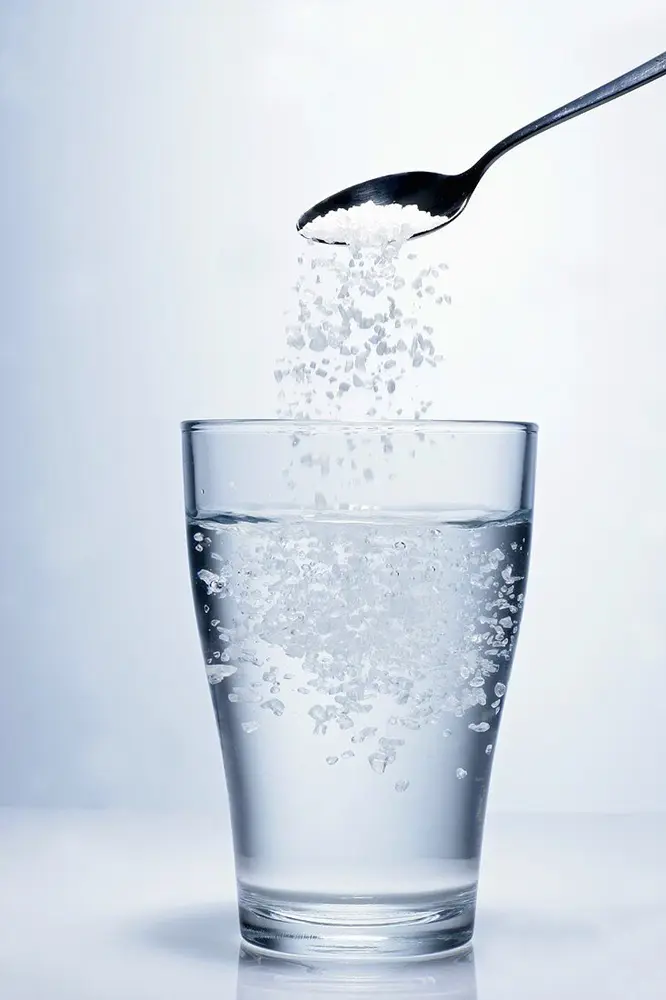
Gargling is an effective way to help manage and alleviate dry mouth problems. Gargling with water or some specifically formulated mouth rinse may help provide immediate hydration to the oral tissues relieving the dryness temporarily.
Gargling allows the liquid to reach all areas of the mouth. It also can stimulate the salivary glands increasing saliva production. Gargling with an antimicrobial mouthwash can help reduce the number of bacteria in the mouth, preventing bad breath and oral infections.
Gargling With Baking Soda
Gargling with baking soda can offer several oral health benefits. It can help maintain balance in the pH level in your mouth which can be useful to prevent tooth decay. It can also eliminate bad breath-causing bacteria and the alkaline properties present in baking soda can provide temporary relief from mouth ulcers.
Gargling With Salt Water
Gargling with salt water can help soothe irritated tissues in the mouth and throat. Saltwater possesses mild antiseptic properties, which help reduce inflammation and relieve soreness that often accompanies dry mouth. Gargling with salt water can help neutralize acids in the mouth and also speed up the healing process by keeping the area clean and reducing the risk of infection.
10. Try Oil Pulling
Oil Pulling is a traditional Ayurvedic practice that involves swishing oil in the mouth to enhance oral health. It is supposed to help with various oral health conditions, including dry mouth. Swishing oil in your mouth coats the oral tissues, helping to alleviate the discomfort of dry mouth.
The mechanical action of swishing oil around in your mouth stimulates the salivary glands, increasing saliva production. It also helps remove bacteria, toxins, and debris from the mouth improving oral hygiene. Oil pulling with the use of oils like coconut, sesame, and sunflower that have natural anti-inflammatory properties can help soothe inflamed tissues in the mouth.
How To Use
First, you need to choose the right oil. You can start by using coconut oil. Place about 1 tablespoon of coconut oil in your mouth and swish it around your mouth for about 15-20 minutes. Do not swallow the oil. After you are done with swishing, spit the oil into a trash can and rinse your mouth thoroughly with warm water. You can brush your teeth afterward as well.
11. Drink Aloe Vera Juice or Use Aloe Vera Gel
Aloe vera helps alleviate dry mouth symptoms. Both the juice and gel form of aloe vera provides hydrating properties that support to soothe and moisturize the oral cavity. Aloe vera stimulates the flow of saliva in the mouth and contributes to increased saliva production. The high water content present in the aloe vera helps to hydrate the dry tissues in your mouth, provide a cooling effect, and reduce irritation caused by dryness.
How To Use
Add 1 tablespoon of edible, pure and organic aloe vera gel to a cup of room temperature water and consume the water directly.
Also, you can dilute aloe vera juice with water and use it as a mouthwash. You can apply a small amount of aloe vera gel directly to the affected areas in your mouth.
12. Brush And Floss Regularly
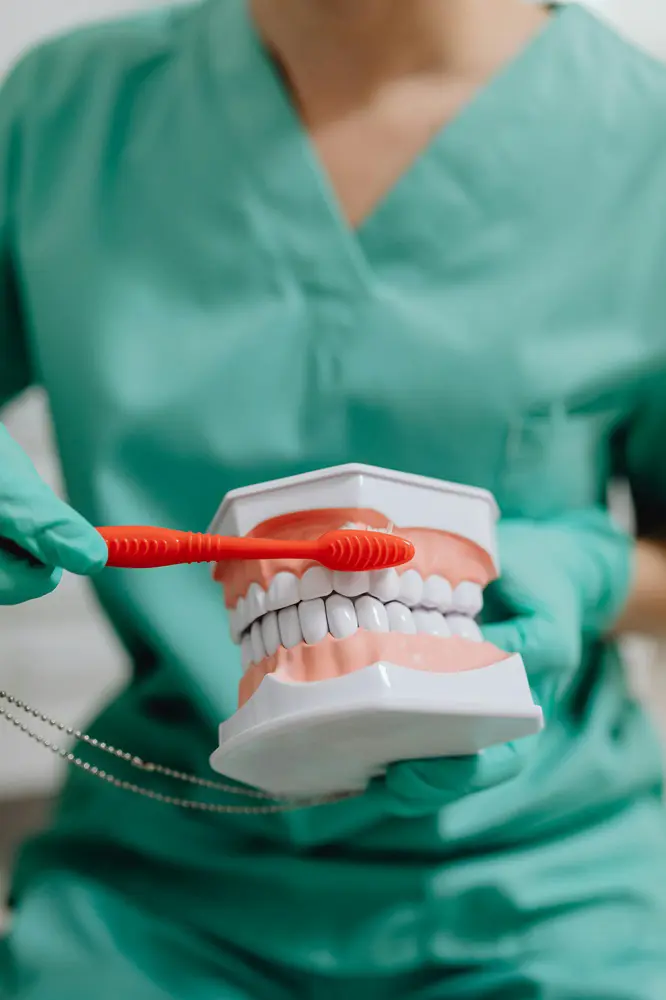
Brushing and flossing every day and rinsing the mouth with water or mouthwash after taking meals help wash away debris or food particles. Brushing particularly with toothpaste containing fluoride and flossing can stimulate the flow of saliva, providing temporary relief from the dry mouth.
Since dry mouth can maximize the risk of oral infections, brushing and flossing help keep the mouth healthier. Doing this also reduces the discomfort associated with dry mouth such as sores, irritation, and others.
13. Limit Spicy And Salty Foods
Limiting your intake of spicy and salty foods can significantly reduce irritation to the oral tissues and prevent further dehydration.
Spicy Foods
Spicy foods contain compounds called capsaicinoids, which are responsible for heat. This heat can inflame the sensitive tissues in the mouth causing dryness and discomfort. Although spicy foods might stimulate the production of saliva initially, they may lead to a reduction in saliva afterward worsening the symptoms of dry mouth.
Salty Foods
Salty foods can lead to the loss of fluid through increased urination, leading to dehydration and worsening dryness in the mouth. It can also irritate the delicate tissues in the mouth. While salty foods may stimulate the thirst initially, this can take you to the dehydration cycle, if you do not drink sufficient water.
14. Take A Water Spray Bottle
Keeping a spray bottle with water nearby and spraying it inside your mouth when needed to keep it wet can help maintain moisture in the mouth and prevent dryness. You can also add a few drops of aloe or glycerin to the water to make it last longer and extend the moisturizing effects. Glycerin is a humectant, meaning that it attracts and retains moisture and is non-toxic.
How To Use
You can start by putting a few drops of glycerin in water. Swish it around in your mouth and spit it out.
You can also make an oral spray. For this, you can use four drops of glycerin in a small water spray bottle and use it as needed- no need to spit it out.
Important Consideration
Do not put drops directly on your tongue or in your mouth. Always make sure to dilute them in water.
15. Try Over-The-Counter Products
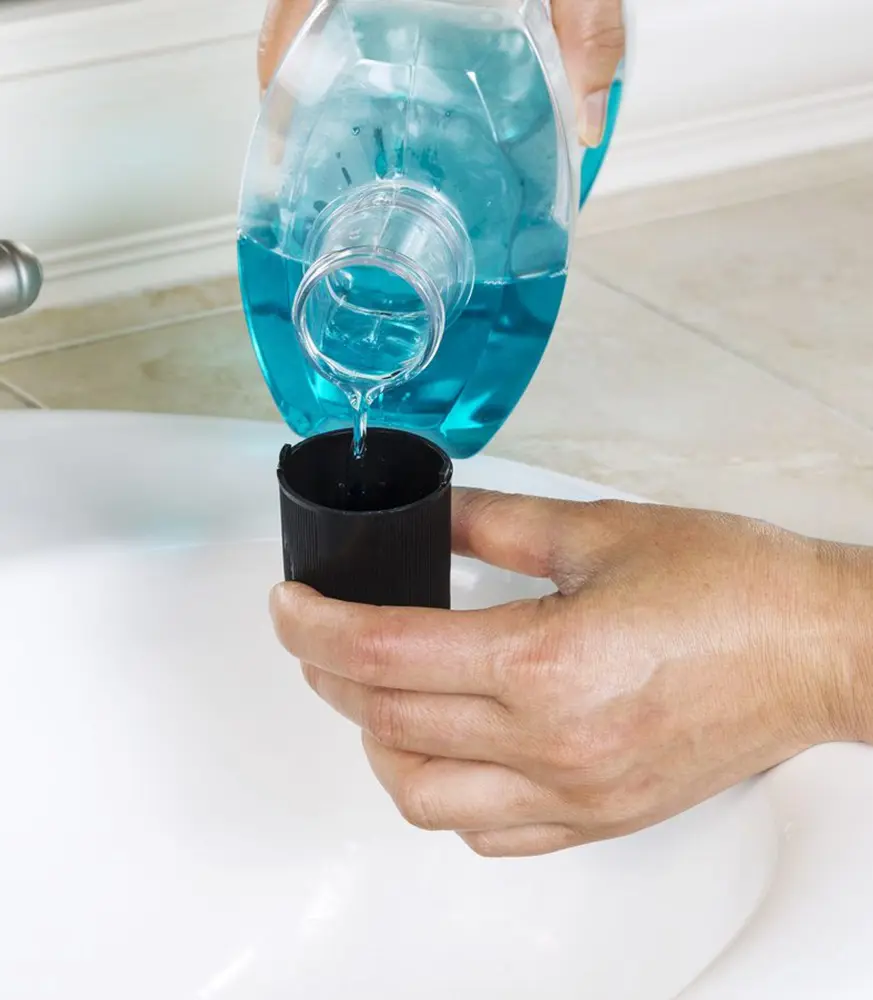
Over-the-counter (OTC) products can prove to be an effective tool for managing and alleviating dry mouth. These products contain medicines or artificial forms of saliva designed to stimulate saliva production or provide a protective coating for the mouth. They may provide temporary relief and generally possess fewer side effects than other prescription options.
Here are some common OTC options:
- Saliva Substitutes: These products mimic natural saliva, helping to lubricate the mouth and making it easier to eat, swallow and speak. They often come in the form of sprays, gels, or rinses.
- Mouth Moisturizers: These products create a protective layer helping to retain moisture in the mouth. They come in the form of gels or sprays that coat the mouth and throat, delivering long-lasting moisture.
- Saliva Stimulants: These products stimulate the flow of saliva and generally come in the form of gum or candy (that are sugar-free).
- Specialty Mouthwashes: Some OTC mouthwashes are specifically designed or formulated for dry mouth that are alcohol-free and consist of ingredients that help retain moisture. These mouthwashes help keep the mouth moist and fresh and also contain soothing ingredients like aloe vera.
Recent posts
Lifestyle
Lifestyle
Expert Ways To Eat Poppy Seeds
Poppy seeds are small yet powerful because of their nutty taste and crunchy texture. Mild and gentle addition to any dish, they are a staple ingredient in cuisines around the world; you can find them in curries in India and in baked goods in Europe. ...
Lifestyle
How To Tell If Salmon Is Bad?
One of the many delicious meals out there in the world, salmon is a great choice for many. Highly rich in protein, and essential vitamins like B12 and D, salmon is a go-to meal for many kitchens. It's easy to prepare but is highly perishable. Salmon ...
Lifestyle
How To Cut and Eat Grapefruit? Most Delicious Ways
Juicy and wonderfully nutritious but with the hassle of preparation, these are what grapefruits are perceived as! The effort it seems to take to enjoy this fruit makes us even walk past it at the store. But, we got you here, with smart cutting techni...
Lifestyle
How To Eat Crawfish The Right Way
A crawfish is a small crustacean that resembles a tiny lobster. Though small in size, this freshwater creature is equally delicious as any other seafood, they are tender, sweet and a little salty. Enjoying crawfish may seem challenging as they are ti...
Lifestyle
Is Vegan Diet Actually Healthy?
A vegan diet is considered healthy but not most of the time. As all vegan foods have many beneficial nutrients, they also lack some which often sparks the debate. Without animal products, a vegan diet can be believed to have significant health benefi...
Lifestyle
Is Yogurt Good For You?
Yogurt is a dairy product, a nutrient-packed food. It is often hailed as a health food and there are good reasons for this. If we look into the nutrients present in yogurt; it has numerous of them essential for functioning of our body. In this articl...
